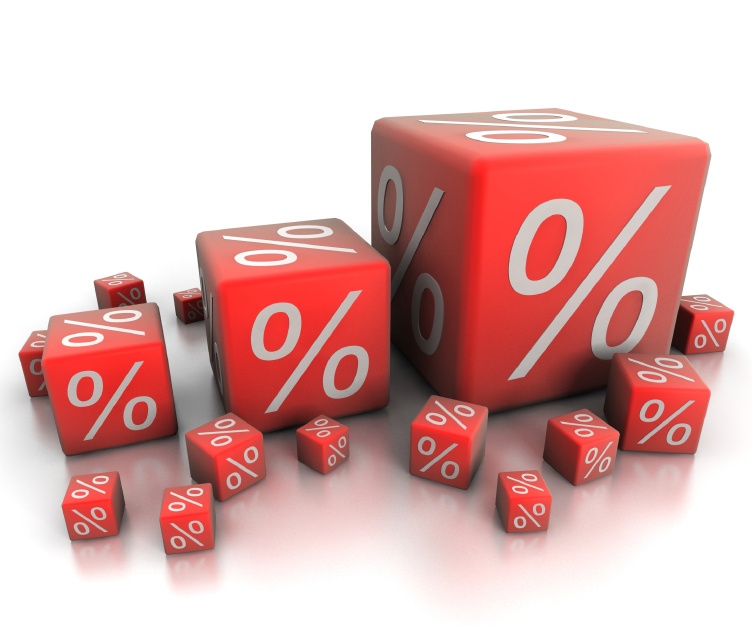The fed raised rates today? Is this the real news? As many have noticed, rates have taken off over the last 30 days driving up mortgage rates substantially. What is really driving the rapid movement and what will happen in 2017. There is one wild card that could rapidly change the equation.
According to Freddie Mac, the 30 year conventional fixed mortgage rate rose to an average of 4.13 percent during the week ended December 7, marking a 56 basis point jump relative to the average rates before the election (source: Well’s Fargo Economics). Although a 4% rate is still an excellent rate, the real risk is how high they will go.
When thinking of rates, it is important to keep in mind that allot of the drivers of interest rates is based not only on what is occurring today but also future expectations. Just today 10 year treasuries rose to their highest level since 2014 and it appears rates will continue to increase. This increase is due to future inflation expectations including plans to rapidly increase government spending while at the same time decreasing government revenue.
Although there are many items factored into the current 10 year treasury, there is one wild card that could drastically alter the current trajectory, oil prices. With opec announcing production cuts, oil prices have increased substantially. The fed did an interesting study showing that financial markets seem to react strongly to changes in oil prices (See fed publication). With oil prices rising (assuming opec can actually enforce the cuts) this could trigger a steeper climb in interest rates.
Not only is the actual rate important, but also the pace of increases. If the rates increase drastically there can be large shocks to borrowers and the financial system as a whole. These shocks can trigger other repercussions; hopefully we all still remember the last cycle in 07/08.
What does this mean for real estate? First, the refinance is basically done, any brokers focusing on this market should find a new horse to ride quickly. On the purchase side, as rates increase affordability decreases; this effect is most profound in higher cost markets where borrowers spend a larger percentage of their income on housing. A substantial increase in rates will disqualify allot of homeowners since their debt to income ratios will no longer work with the higher mortgage payments (see CNBC article)
The pace of increases in rates will have a profound impact on both residential and commercial real estate in the coming year. The million dollar question is how deep the impacts will be felt, and if the rapid rate increase could be the trigger of the next cycle.
Sources
- Wells Fargo: What goes up must come down
- CNBC: What happens if rates rise to 6%?
- Federal Reserve: Does Oil impact inflation?
- Fairview Lending: Think rates will stay low; think again
Written by Glen Weinberg, COO/ VP Fairview Commercial Lending. Glen has been published as an expert in hard money lending, real estate valuation, financing, and various other real estate topics in the Colorado Real Estate Journal, the CO Biz Magazine, The Denver Post, The Scotsman mortgage broker guide, Mortgage Professional America and various other national publications.
Fairview is a hard money lender specializing in private money loans / non-bank real estate loans in Georgia, Colorado, Illinois, and Florida. They are recognized in the industry as the leader in hard money lending with no upfront fees or any other games. Learn more about Hard Money Lending through our free Hard Money Guide. To get started on a loan all they need is their simple one page application (no upfront fees or other games).

